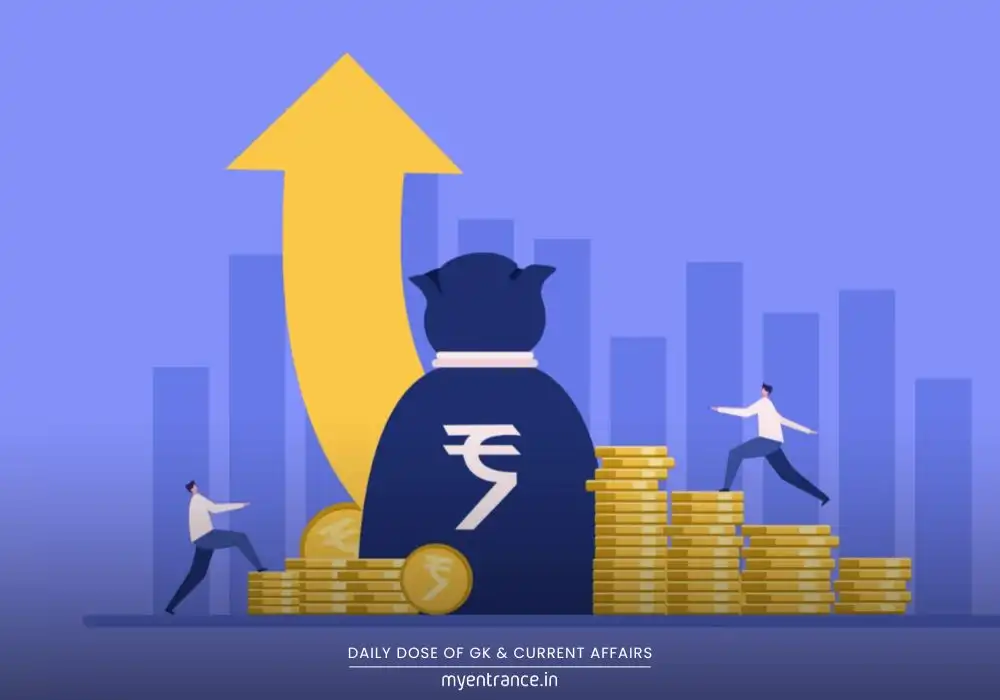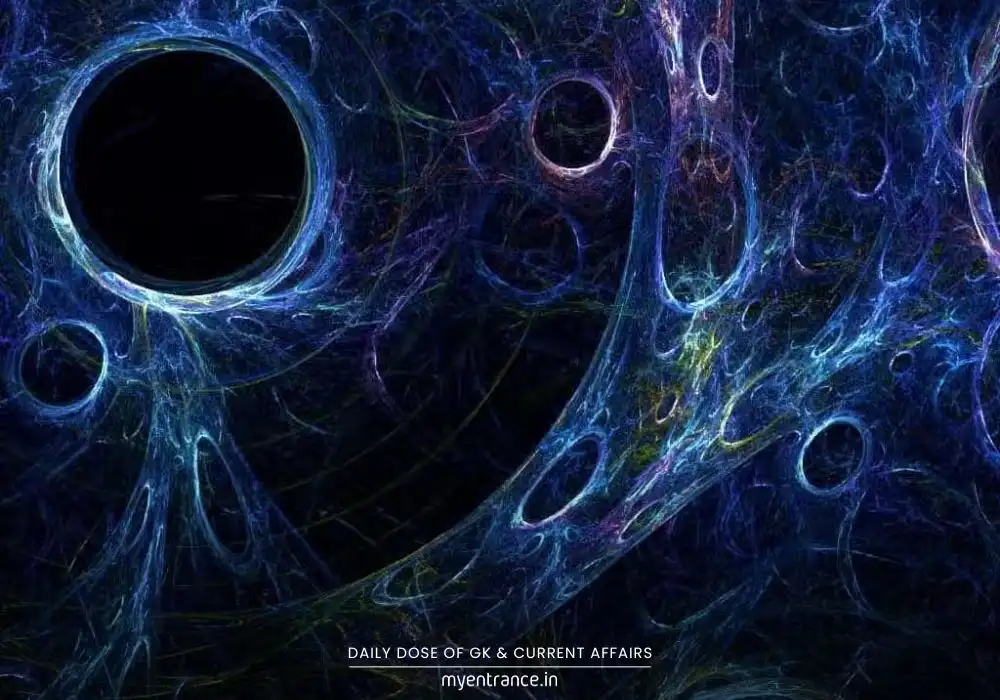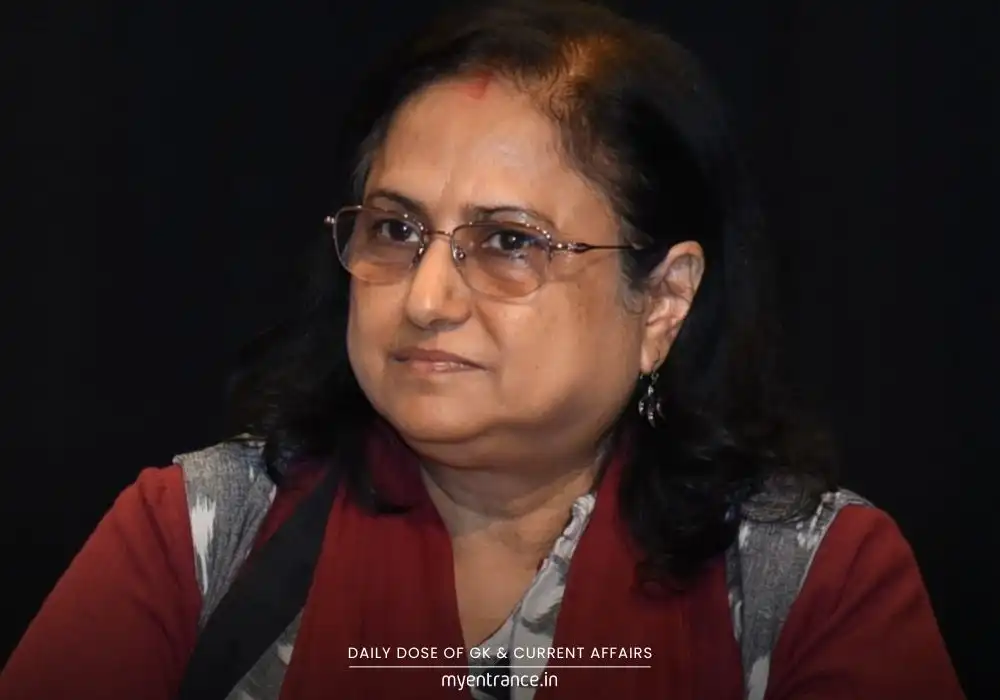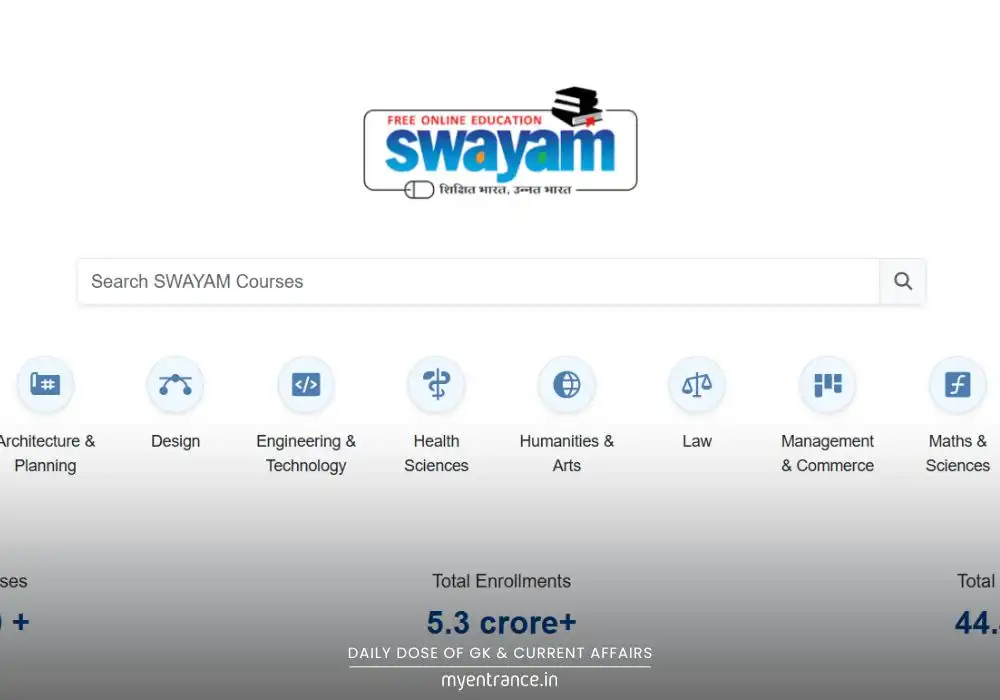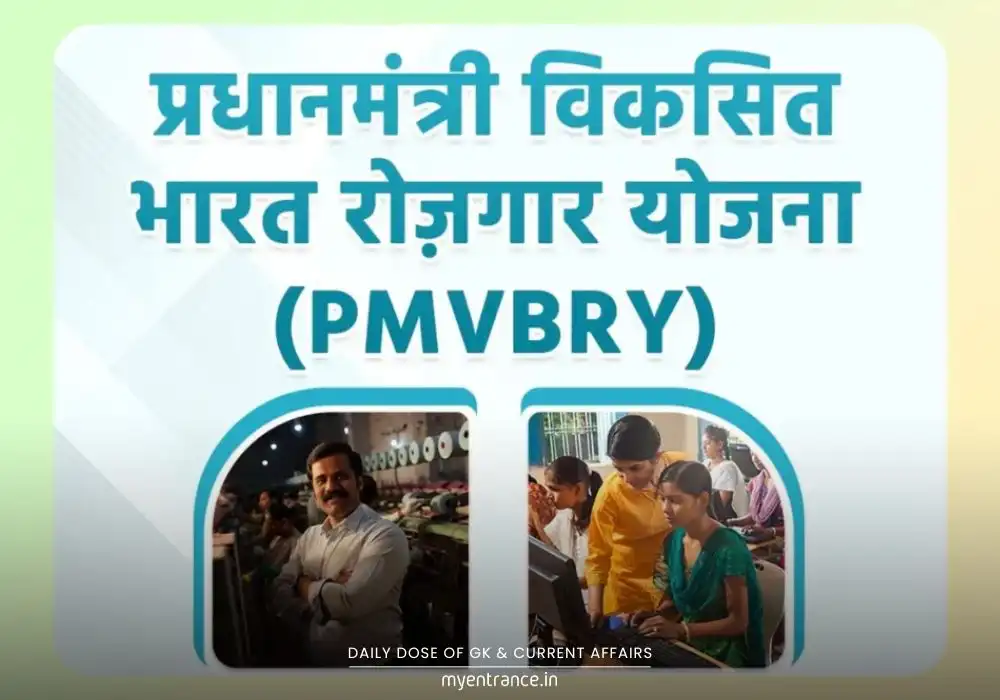Translate Language
Is Delhi’s Vehicle Ban Unfairly Hurting the Middle Class? SC Review Requested
The Delhi government has formally requested the Supreme Court to reassess its 2018 ban on diesel vehicles over 10 years old and petrol vehicles older than 15 years. Citing stricter BS-VI norms and improved pollution control measures, the govt argues that the current ban lacks scientific backing and unfairly targets well-maintained, low-emission vehicles.
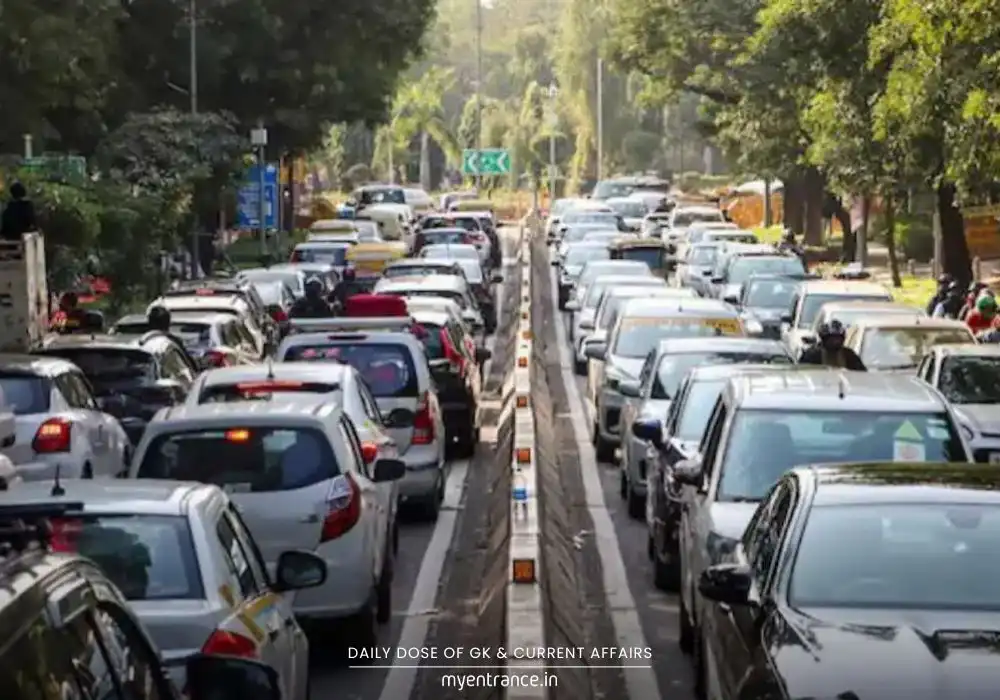
Delhi Govt Challenges SC’s Blanket Vehicle Ban: A Middle-Class Relief Move?
In a significant move, the Delhi government has approached the Supreme Court (SC) seeking a review of its 2018 ban on older vehicles in the National Capital Region (NCR). The govt argues that the blanket prohibition—affecting diesel vehicles over 10 years and petrol vehicles over 15 years—is outdated and hurts middle-class families the most.
Key Arguments by the Delhi Govt
No Scientific Basis: The ban was imposed without proper emission studies, ignoring well-maintained, low-mileage vehicles.
BS-VI vs. BS-IV: Newer BS-VI-compliant vehicles emit far less pollution, making age-based bans irrelevant.
Middle-Class Burden: Many affected vehicles are properly maintained, emission-compliant, and lightly used, yet owners face forced scrapping.
Improved Pollution Control: With stricter PUC tests, CNG buses, and electric vehicles, Delhi’s air quality has improved since 2018.
Graded Approach Needed: Instead of a blanket ban, the govt suggests emission-based restrictions using real-time data.
Has Pollution Really Decreased?
The Delhi govt highlights that:
Good AQI days rose from 159 (2018) to 209 (2024).
PUC enforcement led to 1.63 lakh challans in 2024 vs. just 29,589 in 2021.
Stubble burning and industrial emissions remain bigger polluters than old vehicles.
The govt’s plea emphasizes that roadworthiness, not age, should determine a vehicle’s fate. Will the SC agree?
FAQs on Delhi’s Vehicle Ban & SC Review
1. Why is the Delhi govt challenging the SC’s 2018 vehicle ban?
The govt argues the ban lacks scientific backing, harms middle-class owners, and ignores modern emission standards like BS-VI.
2. How does the ban affect middle-class families?
Many owners maintain their vehicles well, but the age-based rule forces them to discard functional cars, causing financial strain.
3. What alternative does Delhi propose?
A data-driven, emission-based system instead of a blanket ban, considering PUC compliance and actual pollution levels.
4. Has Delhi’s air quality improved since 2018?
Yes—good AQI days increased by 31%, and stricter PUC enforcement has reduced vehicular emissions.
5. What’s next for vehicle owners in Delhi?
If the SC agrees to review the ban, older but low-emission vehicles might get a reprieve. Otherwise, the current rules stay.
Get 3 Months Free Access for SSC, PSC, NIFT & NID
Boost your exam prep!
Use offer code WELCOME28 to get 3 months free subscription. Start preparing today!




